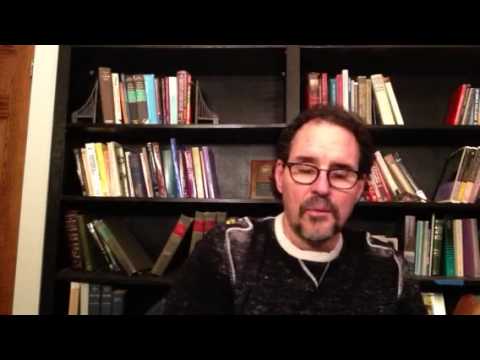We run our website the way we wished the whole internet worked: we provide high quality original content with no ads. We are funded solely by your direct support. Please consider supporting this project.

Free Will: Is it a coherent concept?
Greg is going to be spending the next several blogs talking about the idea of free will. In this first reflection, he discusses whether it is coherent to speak of a decision that is not determined or exhaustively caused.
Category: Q&A
Tags: Calvinism, Determinism, Free Will, Open Theism, Philosophy
Topics: Free Will and the Future, Providence, Predestination and Free Will
Related Reading

Is exhaustively settled foreknowledge essential to God’s identity
In this episode Greg discusses several passages in Isaiah that imply God’s foreknowledge is a primary differentiator between Isaiah’s God and all other gods. Links: Greg’s book: “God of the Possible“ http://traffic.libsyn.com/askgregboyd/Episode_0023.mp3

Grieving with the God who Pulled the Trigger?
Lawrence Krauss recently wrote a thought-provoking, soul-searching essay for CNN Opinion entitled, “Why must a nation grieve with God?” Krauss was disturbed by a comment made by President Obama at a memorial service for the victims of the tragedy at Newtown CT. Commenting on Jesus’ statement to “Let the little children come to me,” Obama opined:…

What is the significance of 1 Chronicles 21:15?
“And God sent an angel to Jerusalem to destroy it; but when he was about to destroy it, the Lord took note and relented concerning the calamity; he said to the destroying angel, ‘Enough! Stay your hand.’” This powerful passage tells us why God sent the angel and why he changed his mind. If God…

Podcast: Does the Cruciform Hermeneutic Sabotage Open Theism?
Greg plays Peek-a-Boo with God and considers whether those verses Open Theists use to support Open Theism might simply be times when God is accommodating for us. http://traffic.libsyn.com/askgregboyd/Episode_0236.mp3

Single and an Open Theist—Help! (podcast)
Greg, Dan, and Barbara talk about looking for love in a chaotic world. Episode 515 http://traffic.libsyn.com/askgregboyd/Episode_0515.mp3

How do you respond to Isaiah 44:28–45:1?
This passage is one of the most persuasive evidences of divine foreknowledge in the Bible. The verse proclaims the Lord as the one “who says to Cyrus, ‘He is my shepherd, and he shall carry out all my purpose’; and who says of Jerusalem, ‘It shall be rebuilt,’ and of the temple, ‘Your foundation shall…
